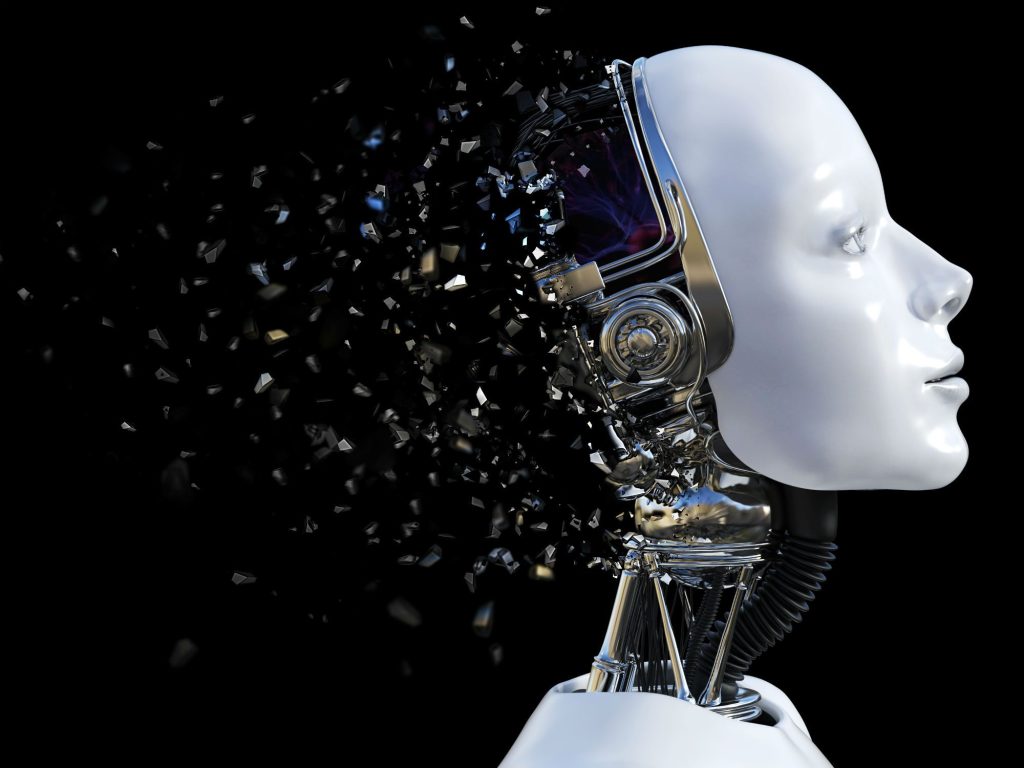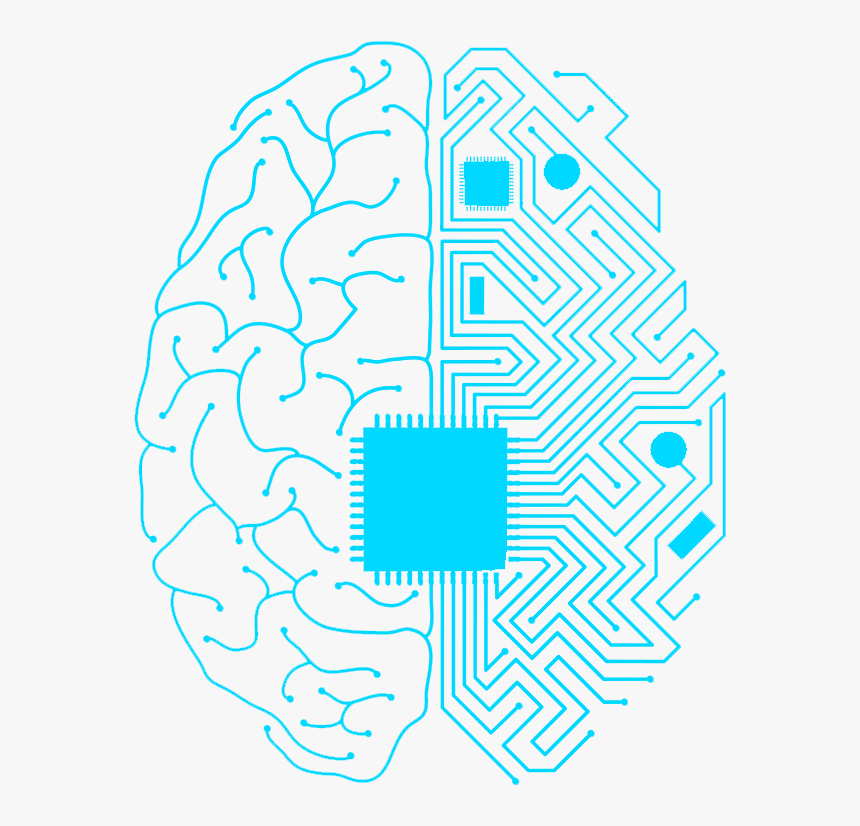In recent years, the agriculture industry has undergone a significant transformation thanks to advancements in technology. One of the most promising innovations is the integration of Artificial Intelligence (AI) into farming practices. AI in agriculture, often referred to as precision farming, has the potential to revolutionize the way we grow crops and raise livestock. In this blog post, we will explore the various applications of AI in agriculture and how it can lead to increased yields and improved sustainability.
Enhancing Crop Management

One of the primary applications of AI in agriculture is in crop management. Traditional farming methods often rely on manual labor and guesswork when it comes to planting, irrigation, and pest control. AI-powered tools and systems can analyze data from various sources, such as weather forecasts, soil quality, and historical crop data, to make more informed decisions. For example, AI algorithms can determine the optimal time to plant a crop, the right amount of water to use for irrigation, and even identify early signs of disease or pest infestations in plants. This precision in crop management can lead to higher yields and reduced resource wastage.
Smart Irrigation Systems
Water is a precious resource, and efficient water management is crucial for sustainable agriculture. AI-driven smart irrigation systems use sensors to monitor soil moisture levels and weather conditions in real-time. These systems can adjust the amount of water delivered to crops automatically, ensuring that plants receive just the right amount of hydration. By avoiding over-irrigation or under-irrigation, farmers can optimize water usage, reduce costs, and prevent soil erosion. In addition, this technology contributes to increased crop yields as plants thrive in the ideal moisture conditions.
Pest and Disease Detection
Pests and diseases can wreak havoc on crops, leading to significant losses for farmers. AI-powered image recognition technology can identify early signs of pests or diseases in plants by analyzing images of leaves and other plant parts. This early detection allows farmers to take prompt action, such as targeted pesticide application or removal of affected plants, preventing the spread of the issue and minimizing crop damage. As a result, AI-driven pest and disease detection systems not only protect crop yields but also reduce the need for excessive pesticide use, promoting environmental sustainability.
Autonomous Farming Equipment

Automation has become a key component of modern agriculture. AI-driven autonomous farming equipment, such as robotic tractors and harvesters, can perform tasks with precision and efficiency. These machines use sensors, GPS technology, and AI algorithms to navigate fields, plant seeds, apply fertilizers, and harvest crops. By automating these labor-intensive tasks, farmers can save time and reduce labor costs. Moreover, the consistent and precise operation of autonomous equipment can lead to improved crop quality and higher yields.
Data-Driven Decision Making
AI in agriculture generates vast amounts of data from various sources, including sensors, drones, and satellite imagery. Farmers and agricultural experts can harness this data to make informed decisions. AI analytics can provide valuable insights into crop performance, soil health, and weather patterns. By analyzing this data, farmers can adjust their practices in real-time, optimizing their operations for maximum yield. Data-driven decision-making not only increases productivity but also contributes to the sustainability of agriculture by minimizing resource waste. In conclusion, AI in agriculture, through precision farming techniques, is a game-changer for the industry. It enhances crop management, improves irrigation efficiency, detects and manages pests and diseases, automates farming processes, and empowers data-driven decision-making. These advancements not only lead to increased yields but also promote sustainability and resource efficiency in agriculture. As technology continues to evolve, we can expect AI to play an even more significant role in shaping the future of farming, ensuring a more food-secure and environmentally conscious world.


Leave a Reply